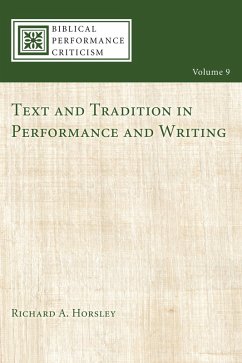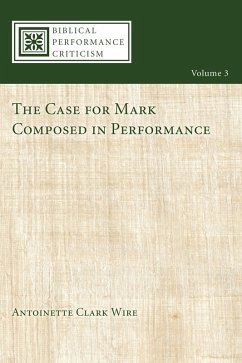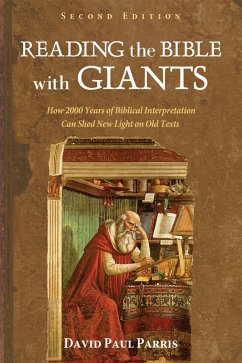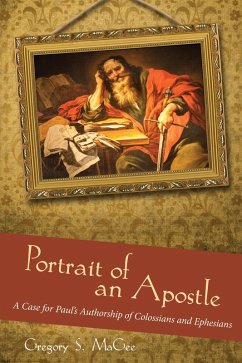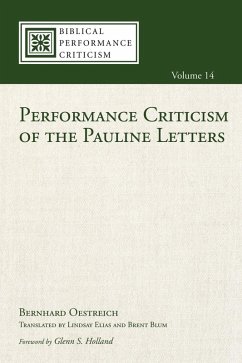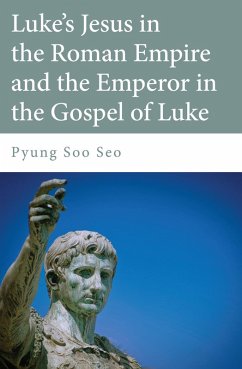Embedded in modern print culture, biblical scholars have been projecting the assumptions and concepts of print culture onto the texts they interpret. In the ancient world from which those texts originate, however, literacy was confined to only a small number of educated scribes. And, as recent research has shown, even the literate scribes learned texts by repeated recitation, while the nonliterate ordinary people had little if any direct contact with written scrolls. The texts that had taken distinctive form, moreover, were embedded in a broader and deeper cultural repertoire cultivated orally in village communities as well as in scribal circles. Only recently have some scholars struggled to appreciate texts that later became "biblical" in their own historical context of oral communication. Exploration of texts in oral performance--whether as scribal teachers' instruction to their proteges or as prophetic speeches of Jesus of Nazareth or as the performance of a whole Gospel story in a community of Jesus-loyalists--requires interpreters to relinquish their print-cultural assumptions. Widening exploration of texts in oral performance in other fields offers exciting new possibilities for allowing those texts to come alive again in their community contexts as they resonated with the cultural tradition in which they were embedded.
Dieser Download kann aus rechtlichen Gründen nur mit Rechnungsadresse in A, D ausgeliefert werden.

